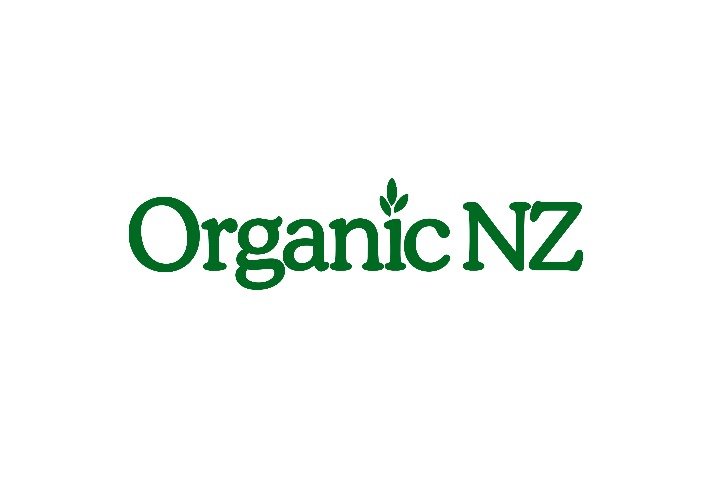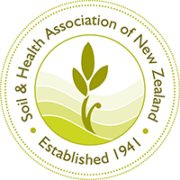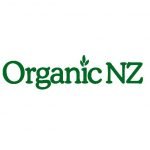Letter from the Minister for Food Safety regarding the Food Bill
I am writing in response to Guy Ralls article in the July/August 2011 edition of Organic NZ, in which it was suggested that the Food Bill is a threat to seed saving / and the sharing of seeds and natural medicines.
The Food Bill has wide definitions of food and of sale. Such broadness of coverage is not designed to regulate every possible permutation of trade in food or every possible thing that could be eaten. It is designed to prevent legal loopholes and gaps that could be taken advantage of by food businesses to avoid necessary and appropriate regulatory requirements to manage food safety.
With such broadness, there is inevitably the potential for activities it was never contemplated as ‘in scope’ being captured. By way of example, the barter or selling of propagation food seeds and food seedlings is in scope because the definition of food includes anything that is ‘capable of being used’ for human consumption. However, the sale or exchange of seeds for propagation, and seedlings (whether this occurs in the context of a garden centre, a market, or between those in a community of interest), is not intended to be captured.
I therefore asked officials for advice on how the meaning of food could be amended to make it clear that seeds for cultivation and food seedlings are not within the definition. Once we have the wording needed I intend to include it as an amendment in a Supplementary Order Paper.
In respect to the impact the Food Bill may have on the Willing Workers on Organic Farms system (or WWOOFing), it would certainly not ‘outlaw’ such activity. However, as currently drafted, it would mean that the provision of food and accommodation in exchange for labour would fall within scope of the sale of food. It is certainly not my intention to impose food safety regulatory requirements on those hosting WWOOFers or those who provide food to boarders or personal guests in exchange for money, work or assistance. I asked my officials to look at how the meaning of ‘sale’ could be amended to reflect my intentions. Again, I am open to proposing an amendment via a Supplementary Order Paper.
As to the age old kiwi tradition of individuals or communities of interest growing food for themselves and swapping their excess with friends or neighbours for other food or goods, the Food Act 1981 already applies to such activities. This is because the definition of sale in that Act (and the Food Bill) includes “bartering”. If bartering was excluded, this could perversely incentivise large scale or commercial food traders to avoid regulatory requirements through setting up some sort of bartering system.
If enacted the Food Bill would not therefore change the legal status of fruit and vegetable bartering. It would maintain the duty to only trade in food that is safe and suitable and it would not impose any other requirements or costs.
Technically, the trade in horticultural produce, where a person only trades what they have grown and trades only with the end consumer, falls within scope of food handler guidance. Such guidance will be available free of charge from MAF and territorial authorities and will simply be a set of food safety tips.
The article referred to the need for ‘licensing’, and to the Food Bill having particular implications for natural medicines. The Food Bill will cover herbs and plants sold as food, whether they are in an unprocessed or processed state. The applicable requirements will depend on the extent of processing of a herb or plant represented as a food (whether or not it is understood to be medicinal).
I am aware that the Natural Health Products Bill (the content of which has been the subject of public consultation) includes a ‘licensing’ requirement and that that Bill may cover natural health products (herbs, medicinal plants etc) that are not represented as food (for example when sold as an ingredient in a capsule or as a tincture).
I appreciate that in terms of herbs and plants that are ‘natural medicines’ the interface between the Food Bill and the Natural Health Products Bill is somewhat complicated. I trust however that on a case by case basis it will not be difficult to distinguish which statute applies (should both be enacted).
The article mentioned that the Food Bill is likely to be advanced to second reading in the next few weeks. Although the Food Bill is on the Order Paper awaiting the second reading in the House, it is likely that this will not now happen before the general election. Factors such as the Christchurch earthquakes have reduced the time available for the Governments’ legislative programme in what is already a short House sitting year.
I would like to conclude by thanking Organic NZ for publishing the article and those who have written to me on the matters it raised. I hope my response has allayed your concerns about the impact of the Food Bill.
Hon Kate Wilkinson
Minister for Food Safety




